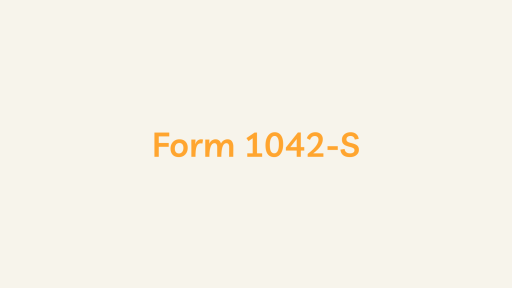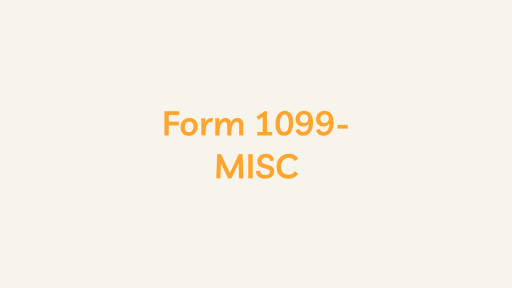What is Form 940?
Form 940: Employer’s Annual Federal Unemployment (FUTA) Tax Return is a crucial tax document issued by the Internal Revenue Service (IRS) in the United States. It serves as the Employer’s Annual Federal Unemployment (FUTA) Tax Return and is utilized by employers to report and pay their annual federal unemployment tax. This tax is a key component of the system that provides financial support to workers who find themselves unemployed.
Download Form 940
Download instructions for Form 940
Key Points:
- Purpose: The primary objective of Form 940 is to report the employer’s FUTA tax liability, contributing to the funding of unemployment benefits for eligible workers.
- Taxable Wage Base: Employers must pay FUTA tax on the first $7,000 of each employee’s wages for the calendar year. Wages exceeding this limit are not subject to FUTA tax.
- Tax Rate: The standard FUTA tax rate is 6%, but employers may be eligible for a credit of up to 5.4% if they meet state unemployment tax payment requirements. This effectively results in a net FUTA tax rate of 0.6%.
- Filing Frequency: Form 940 is an annual filing, typically due by January 31 of the following year. However, if the FUTA tax liability is $500 or less for the year, employers may carry it over to the next year rather than making quarterly payments.
- Payment Method: Employers can pay their FUTA taxes annually or quarterly. Quarterly payments exceeding $500 require depositing taxes using the Electronic Federal Tax Payment System (EFTPS).
- FUTA Credit Reduction: In certain cases, the federal government may reduce the FUTA credit available to employers in states with insufficient funds to pay unemployment benefits. This results in a higher effective FUTA tax rate for employers in those states.
- Penalties: Failure to file Form 940 or pay FUTA taxes on time may lead to penalties and interest.
Conclusion
Form 940 ensures employers accurately report and fulfill their federal unemployment tax obligations. By providing a detailed overview of wages, tax rates, and credits, the form aids employers in maintaining compliance with tax regulations and supporting the unemployment compensation system in the United States. Employers should refer to the IRS instructions to ensure accurate reporting and timely filing.





